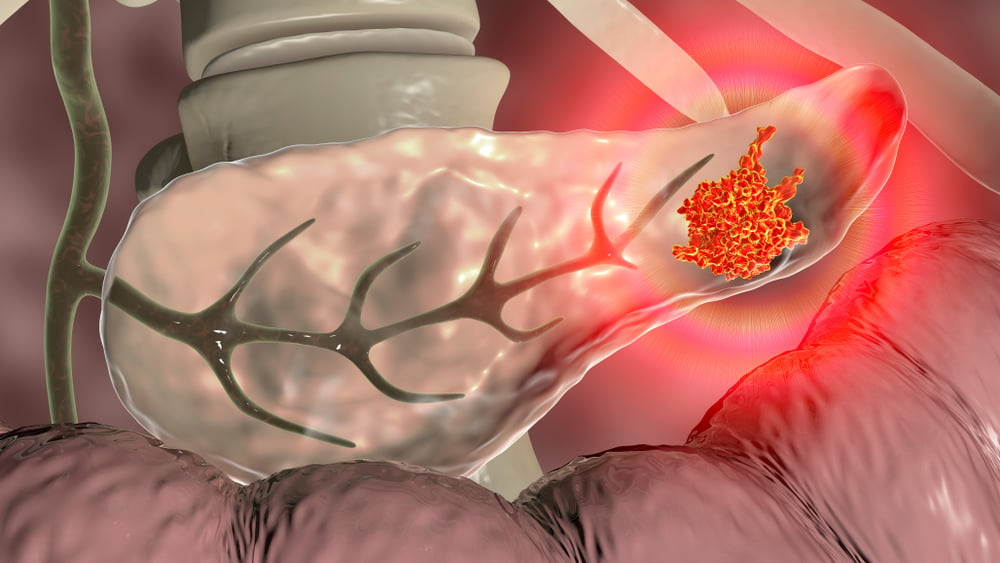Newsletter Signup - Under Article / In Page
"*" indicates required fields
iNtRON Biotechnology has announced the identification of prophage and (non-) ORF-jamphage from the microbiome frequently observed in long-term pancreatic cancer survivors.
The company said the ‘significant identification’ was achieved as part of its ongoing PHAGERIARUS development project conducted by the new drug part of the company.
The PHAGERIARUS development project is focused on acquiring bacteriophage-derived proteins that can serve as immune regulators (IR). The ultimate goal is to develop phage-based immunotherapeutics capable of treating a range of immune disorders including cancer.
The project is built on the research that bacteriophages not only act as essential factors for the survival and growth of bacteria, but also play a role in regulating the immune system. In addition to the ongoing efforts to secure diverse IR candidates, the project involves comprehensive genomic and functional analysis of disease-associated microbiomes and bacteriophages. Additionally, the project aims to elucidate the mode of action (MoA) of IR-related proteins derived from bacteriophages.
Securing genetic resources
iNtRON has been conducting research mainly focused on lytic bacteriophages for securing IR candidates and obtaining open reading frames (ORFs) within its genomes. However, it has been discovered that a significant portion of bacteria residing in the body carry lysogenic bacteriophages (prophage/jamphage) in their genome. Recognizing the potential role of these lysogenic phages in inducing immune responses within the body, iNtRON is securing genetic resources derived from prophage/jamphage.
The primary focus of the company lies in colorectal cancer and pancreatic cancer. It has been reported that patients diagnosed with pancreatic cancer exhibit a specific microbiome in the organ, which is more prevalent in the long-term survivors (LTS) group (survival period longer than 10 years) compared to the short-term survivors (STS) group (survival period less than five years, median: 1.6 years). Alkalihalobacillus clausii has been identified as a representative microbiome, and iNtRON has obtained the strain and confirmed the presence of prophage and jamphage through genomic analysis.
As previously reported, the bacterial strains are believed to affect the survival rate of pancreatic cancer. iNtRON said it anticipates that prophage and (non-) ORF-jamphage present in the strains play a significant role as IR modulating the immune system. According to the analysis results, seven strains have been identified, containing four types of prophage, three types of ORF-jamphage, and 12 types of non-ORF-jamphage, comprising a total of 531 ORFs. These prophage and (non-) ORF-jamphage-derived ORFs are considered potential IR candidates.
Promoting the immune system
The secured microbiomes are expected to reduce the occurrence and recurrence of pancreatic cancer and through a certain mechanism, promote the patient’s immune system for long-term survival. The actual functioning of the bacterial strains is expected to be mediated by prophage and jamphage, and iNtRON is conducting subsequent development based on the expectation.
Son Ji-soo, head of the BD department said: “We are currently securing a number of IR candidate materials to verify the performance and efficacy to be applied in the development of PHAGERIARUS. While initially focusing on colorectal cancer and pancreatic cancer, considering their prevalence and intractability, we plan to gradually expand our research scope to include the microbiome related to neurological diseases such as Alzheimer’s disease and Parkinson’s disease.
“Our bacteriophage-based new drug is undoubtedly a ‘first-in-concept’ drug that can effectively control various immune-related diseases. Therefore, we will continue to actively pursue the PHAGERIARUS development project, which involves the analysis and acquisition of Prophage and Jamphage from microbiomes specifically found in patients with various diseases, and then elucidates the functions of each component.”
Yoon Kyung-won, CEO of iNtRON, said: “While most of the existing bacteriophage research and development is focused on bacterial infectious diseases, iNtRON is expanding the application of bacteriophages to include antiviral drug development and also immune-related drug development.
“This expansion will clearly lead us to significant achievements in ‘first-in-class’ and ‘first-in-concept’ drug developments. We will dedicate our efforts in establishing collaborations and building technological networks with overseas companies in relation to these endeavors.”
About iNtRON’s PHAGERIARUS platform
iNtRON’s PHAGERIARUS platform is a novel approach to immunotherapeutics using bacteriophages. By exploring the effects of bacteriophages on the human immune system, iNtRON aims to discover new immune regulators that can suppress diseases and serve as potent anti-cancer immunotherapy.
iNtRON’s research extends beyond the bacteria-bacteriophage relationship to encompass bacteria, viruses, bacteriophages, and their interactions with immunity.
Last month, the company announced the first target cancer type being targeted by its PHAGERIA technology is colorectal cancer.
Oncology R&D trends and breakthrough innovations







